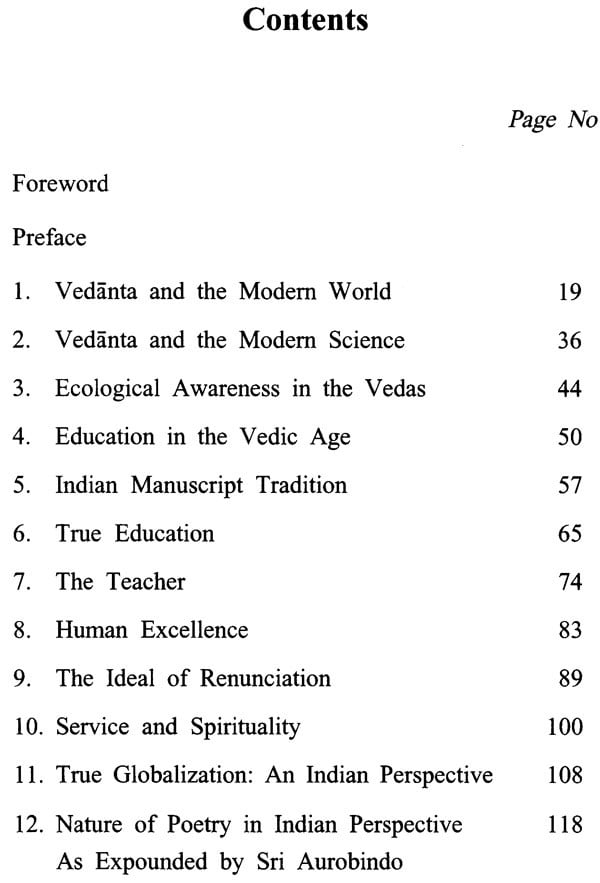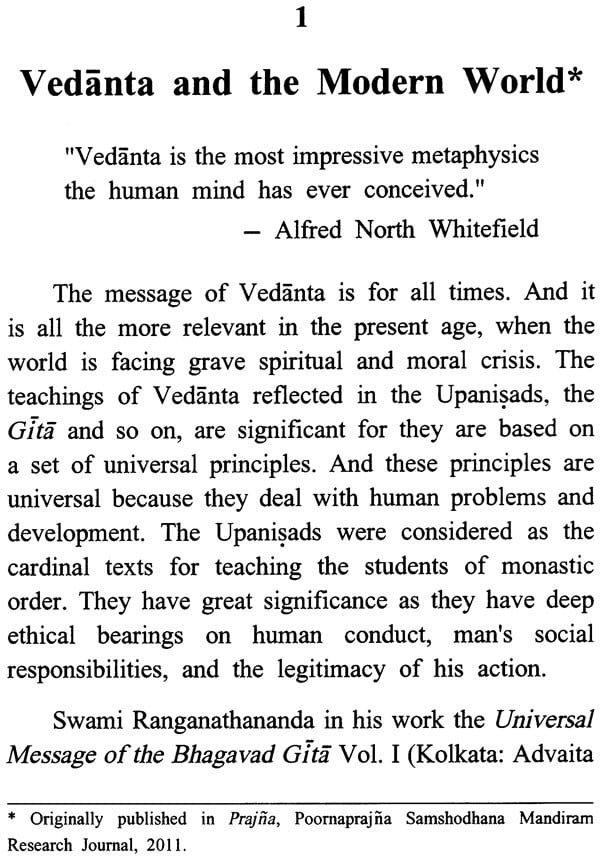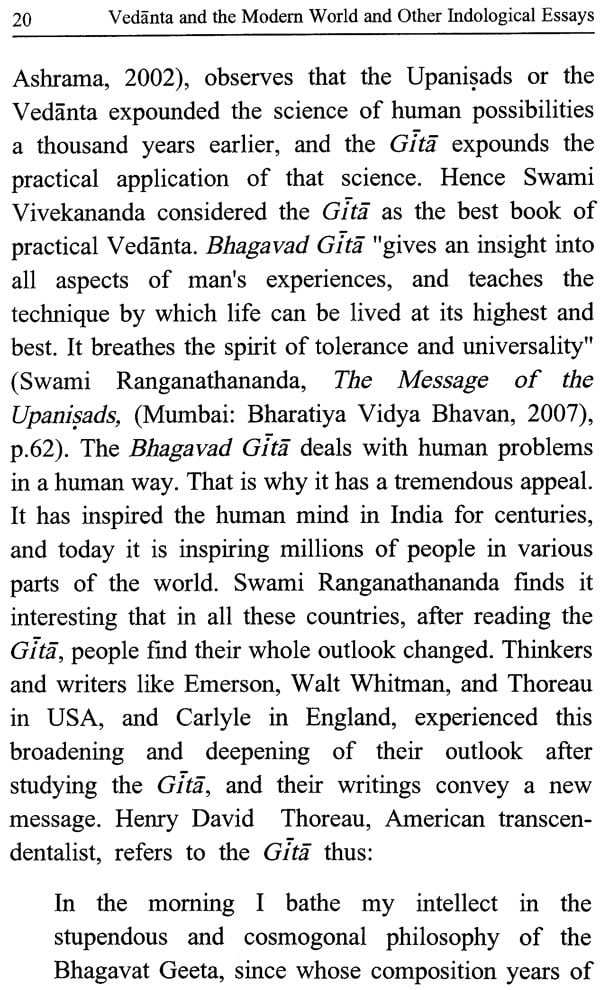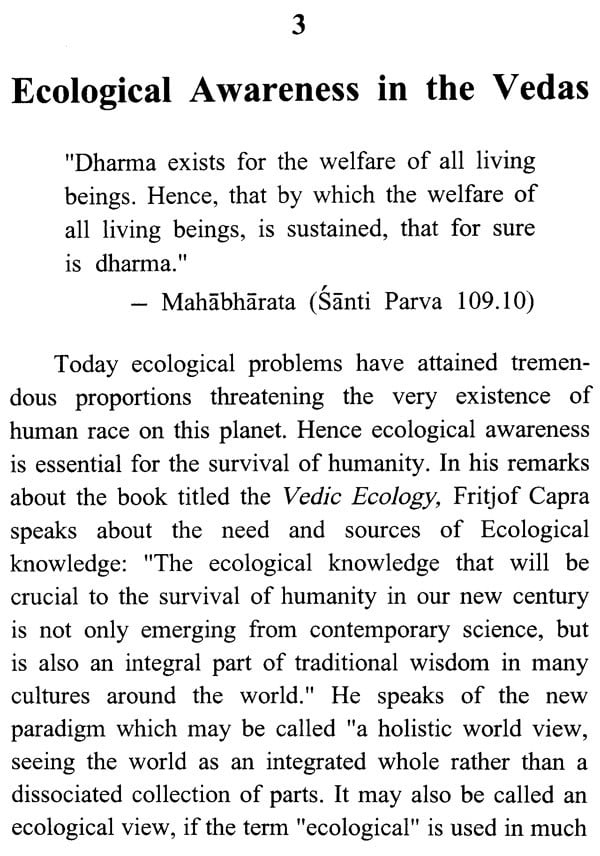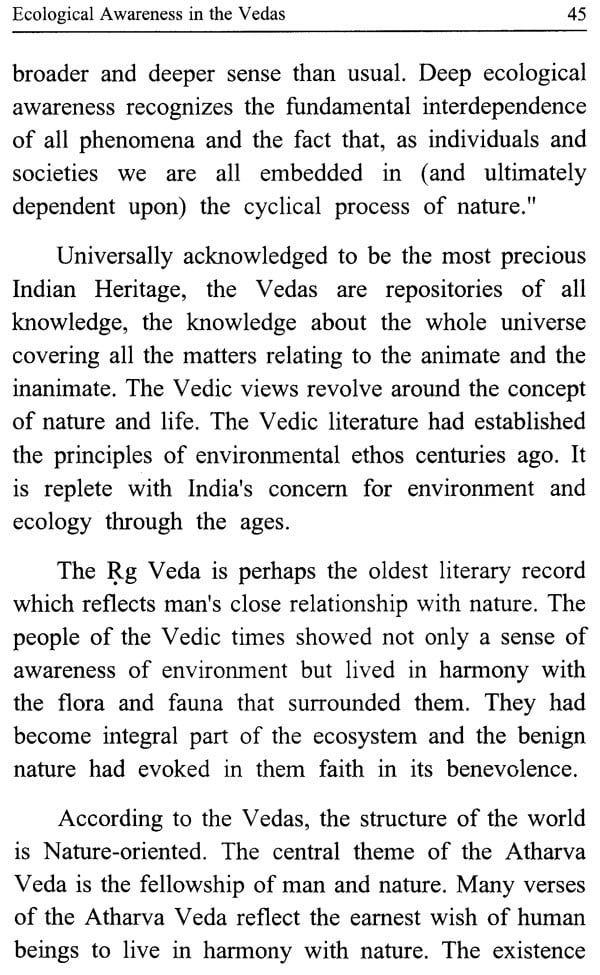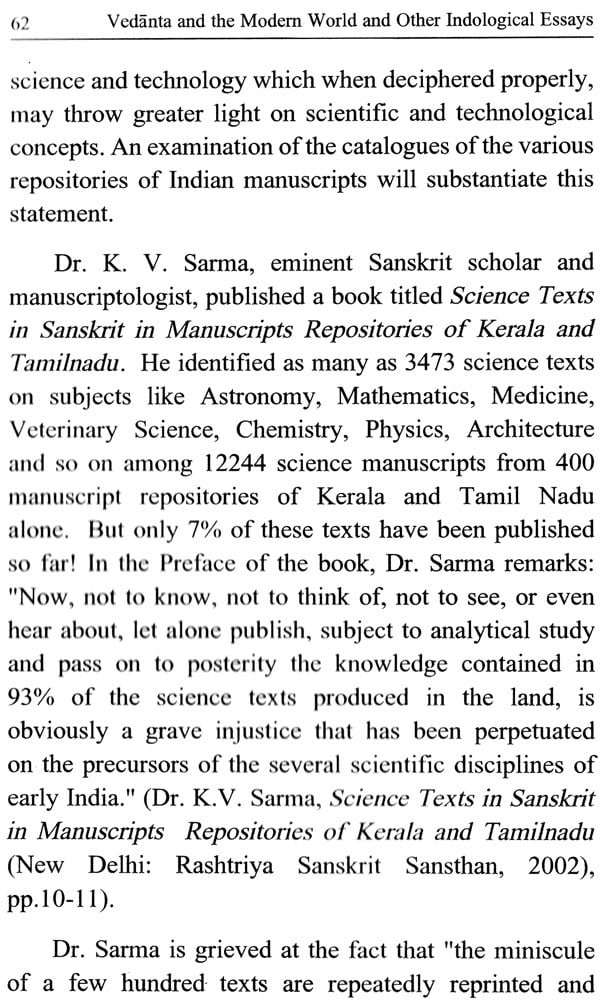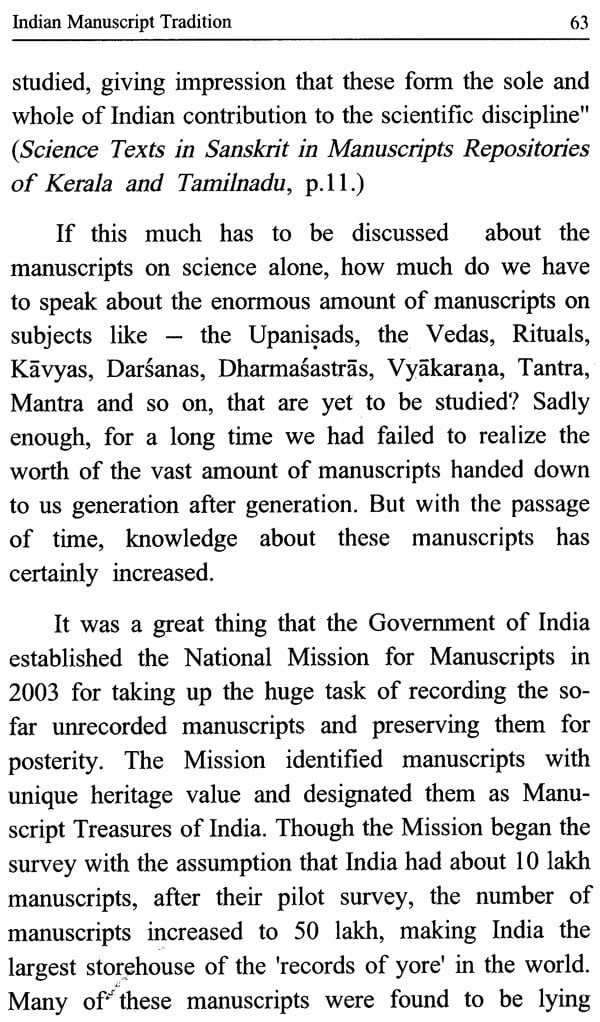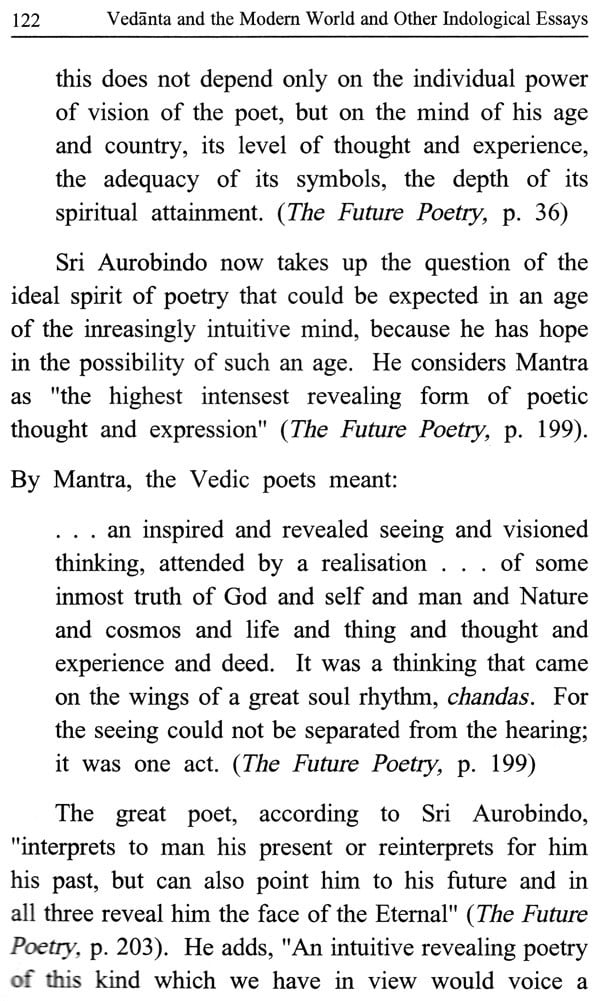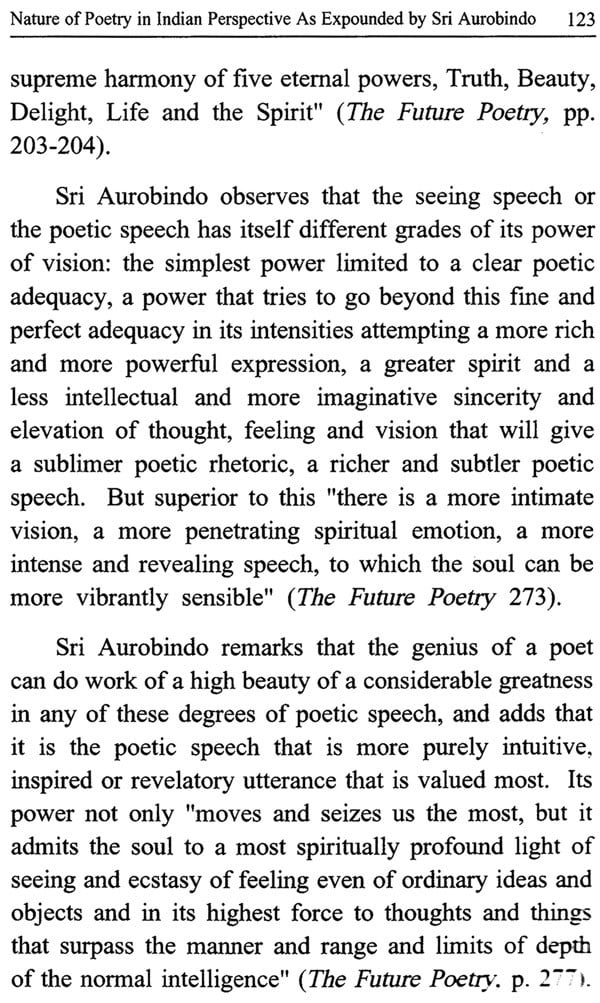
Vedanta and the Modern World and Other Indological Essays
Book Specification
| Item Code: | TZZ551 |
| Author: | V. Nithyanantha Bhat and Satya Vrat Shastri |
| Publisher: | Sukrtindra Oriental Research Institute, Kerala |
| Language: | English |
| Edition: | 2019 |
| ISBN: | 9788194389408 |
| Pages: | 123 |
| Cover: | PAPERBACK |
| Other Details | 8.50 X 5.50 inches |
| Weight | 170 gm |
Book Description
The Muse of Dr. Nithyanantha Bhat has meandered far and wide to cover a large area of Indian wisdom. To go through the Volume under reference is indeed an intellectual feast: utsavah sudhiyam ayam.
Dr. V. Nithyanantha Bhat (b.1946) is a Retired Professor of English. He was awarded Doctorate Degree in the English Language and Literature by the University of Calicut, Kerala, in 1988. Since 1991 he has been guiding research in English for Mahatma Gandhi University, Kottayam. He has successfully guided 15 Ph.D. candidates and 24 M.Phil candidates. He has published a number of research articles in reputed journals. Dr. Bhat is now functioning as the Hon. Director of Sukrtindra Oriental Research Institute situated in Cochin. He has edited several publications on topics of Indological importance for this Institute. He has organized seminars on Indological subjects. He has served Bharatiya Vidya Bhavan, Kochi Kendra, as a Member of the Board of Directors. He has also served as President, International Book Festival, Kochi. The areas of Dr. Bhatt’s special interest are Literature, Education, Human Values, Indian Culture and Philosophy, and Communication.
It is very wise of Dr. Nithyanantha Bhat to begin his series of articles with the one on Vedanta and the Modern World, followed by Vedanta and the Modern Science. The end portion of the Vedic lore is the Upanisads. Broadly the Vedic literature has four divisions. The first is the Samhitas, the second the Brahmanas, the third the Aranyakas (the forest treatises), the fourth the Upanisads. The first two are connected with rituals and consequently get the name Karmakanda while the latter two deal with the (higher) knowledge and are therefore called Jnanakanda.
I wish to state here that all my articles on subjects of Indological importance including the articles in this Volume were prepared by me making use of the Reference Library of this Institute after assuming charge as its Hon. Director. I am ever grateful to our Founder and Dharma Guru Shrimad Sudhindra Tirtha Swamiji for having given me the opportunity to serve this sacred Institution founded in the name of our Dharma Guru Shrimad Sukrtindra Tirtha Swamiji.
Book's Contents and Sample Pages
